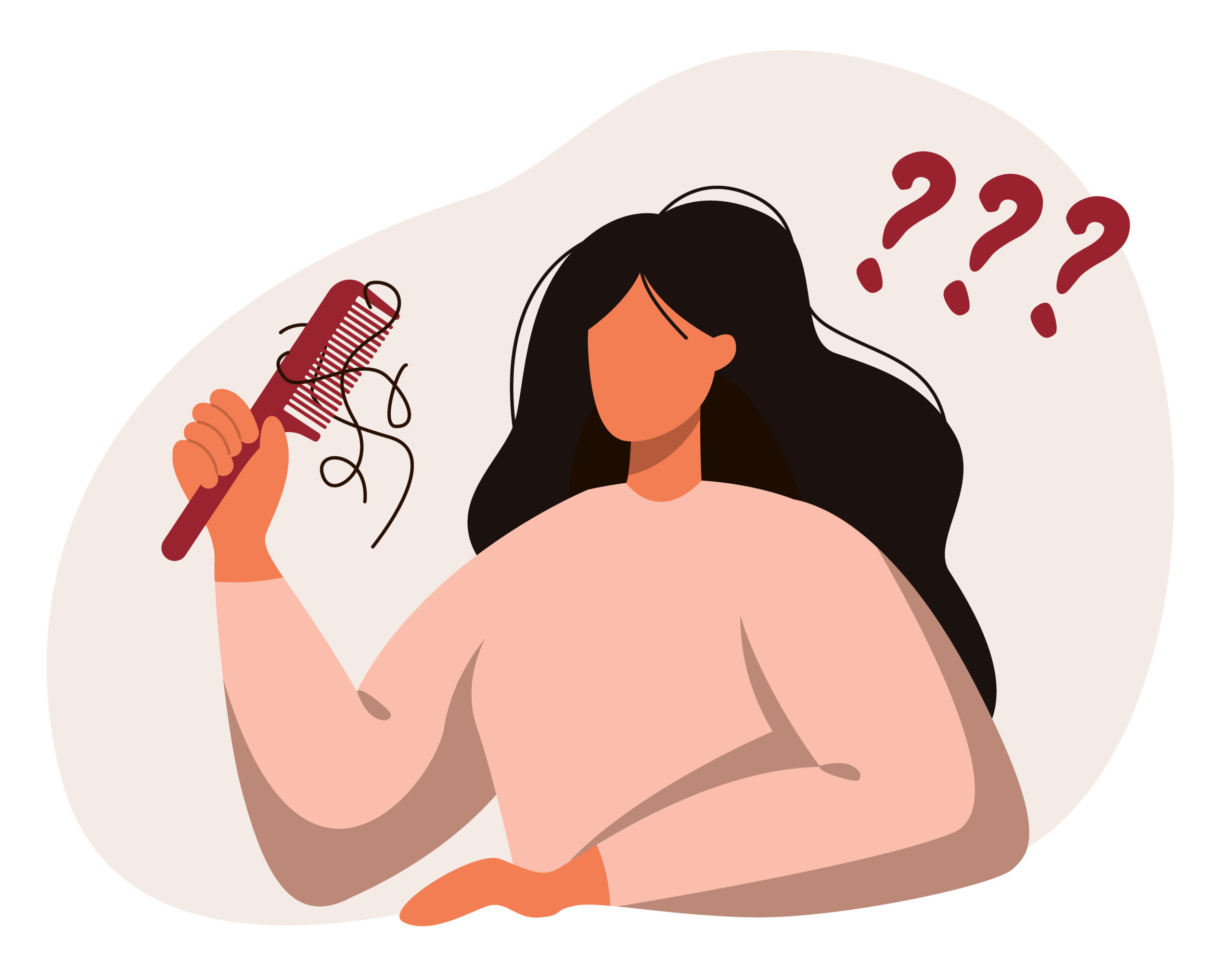Alopecia areata can be a challenging condition to manage, especially when hair loss affects your confidence and well-being. While medical treatments are available, many people look for non-medical strategies to manage their hair loss and support regrowth naturally. This guide provides information on the causes of alopecia areata, available treatments, and natural strategies to promote healthy hair growth.
What Causes Hair Loss in Alopecia Areata
Alopecia areata is an autoimmune condition in which the body’s immune system mistakenly attacks hair follicles, resulting in hair loss. The exact cause isn’t fully understood, but genetics and environmental triggers are believed to play a major role. Hair loss usually occurs in small, round patches on the scalp, but it can also affect other areas of the body. Stress, significant life changes, and even certain illnesses may trigger or worsen alopecia. Understanding these factors is key to managing hair loss effectively.
Which Treatments Are Most Effective for Alopecia Areata
When it comes to managing alopecia areata, treatment options vary based on the severity of the condition and individual preferences. While this article focuses on non-medical strategies, it’s helpful to know what medical treatments are available to weigh your options:
- Topical Corticosteroids: These are often prescribed to reduce inflammation and suppress the immune response around the hair follicles.
- Minoxidil (Rogaine): Used to stimulate hair regrowth, especially for small or early patches.
- Platelet-Rich Plasma (PRP) Therapy: This involves injecting concentrated platelets from your own blood to support hair regrowth.
- Immunotherapy: For severe cases, this treatment encourages the immune system to shift its focus away from hair follicles.
These treatments can be effective, but they’re not always the right choice for everyone. Many people explore natural and supportive remedies to complement these options.
Are There Natural Remedies That Support Hair Regrowth
Natural strategies can play a key role in managing hair loss and promoting overall scalp health. While there is no guaranteed natural remedy for regrowing hair lost to alopecia areata, these approaches may help create the best conditions for healthy regrowth:
- Nutrient-Rich Diet: Support your hair health from the inside out by eating a balanced diet rich in vitamins and minerals. Biotin, zinc, vitamin D, and iron are necessary for hair growth. Include leafy greens, nuts, eggs, and fish in your meals.
- Gentle Scalp Care: Avoid harsh chemicals and treatments that can irritate the scalp. Use gentle, sulfate-free shampoos to keep your scalp clean without stripping away natural oils.
- Essential Oils: Some studies suggest that essential oils like rosemary, peppermint, and lavender may support hair growth when massaged into the scalp regularly. Always dilute essential oils with a carrier oil like coconut or jojoba before applying.
- Stress Management: Stress is a known contributor to hair loss in alopecia areata. Practicing relaxation techniques such as meditation, yoga, or mindfulness can support overall well-being and may reduce the impact of stress on your hair.
- Massage and Stimulation: Regularly massaging your scalp can increase blood circulation, which may help support hair follicles and encourage regrowth.
- Protective Styles: For those experiencing significant hair thinning, protective hairstyles like scarves, hats, or wigs can help protect your scalp while boosting your confidence.
Keep in mind that natural remedies may take time to show results and work best when combined with a holistic approach to health and well-being.
Consult a Specialist
Managing alopecia areata hair loss can feel overwhelming, but you don’t have to go through it alone. A specialist, such as a dermatologist or a trichologist, can help you understand your condition and create a personalized plan that works for you. They can also guide you on whether natural remedies, medical treatments, or a combination of both are the right fit. Speak with a specialist who can help you explore your options.

